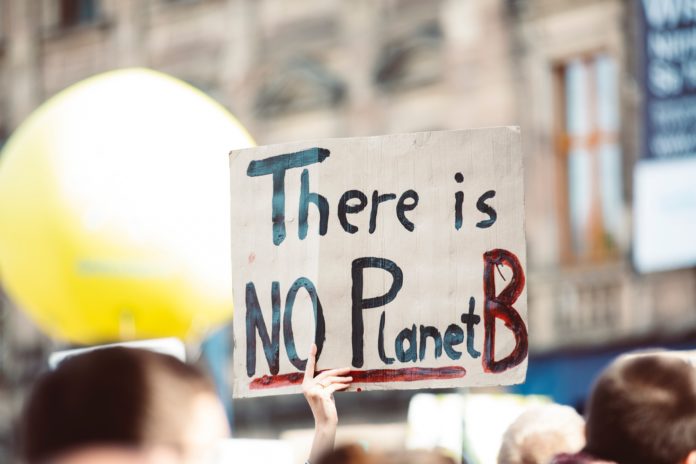The threats posed by climate change and extreme weather events are undeniable. Research has shown us that our changing environment will have a variety of concerning effects on humans and our ecosystems.
From the harmful consequences of wildfire smoke on newborns and cancer rates, to unanticipated interruptions in human and wildlife movement in the Arctic, and even to adverse effects on the mental health of children — we still struggle to grasp the immensity of climate change’s ramifications.
Extreme weather events
One of the most evident side-effects of climate change has been an increase in extreme weather events, or climate events that are unusual in their intensity, duration, or seasonality. We have witnessed an increase in the frequency and power of these events in recent times, be they wildfires or extreme rainfall events.
Canada has experienced a multitude of catastrophic weather events in the past year alone. Historic heat domes, floods, wildfires, droughts, and hurricanes were witnessed across the nation, taking hundreds of lives and causing billions of dollars in damages.
Impact on climate policy
As catastrophic as these events are, are they actually causing a change in climate policy? Are we learning from these mistakes and committing to more effective climate action? A new paper published by Sam Rowan, a political scientist at Concordia University, does not deliver promising news. His analysis indicates that neither natural disasters nor temperature shocks are associated with climate policy reforms.
This news is even more troubling given that our current policies are vastly insufficient for the level of threat we are facing. In other words, change is not just preferable, it is fundamentally necessary.
Extreme weather changes minds, just not the right ones
Rowan begins by explaining that extreme weather events have a tangible impact on public opinion and the rhetoric used to discuss climate change. Yet when it comes to climate policy, there is a central contradiction that made Rowan question the effect of these weather events on actual policymakers.
It is true that the cost of stopping climate disaster now is significantly lower than the cost of dealing with its destruction in the future. Yet at the same time, the benefits of climate policy will not be easily visible until decades from now — preventing it from being a tantalizing problem to tackle for politicians.
To understand the effects of extreme weather, Rowan used 11 pre-existing measures of climate policy. These included the implementation of climate laws, the size of climate conference delegations, renewable energy generation, and many more. Given that it may take time for weather events to influence policymakers, Rowan also analyzed these measures with a one, two, and three-year lag respectively.
Has anything changed?
Disappointingly, neither temperature shocks nor natural disasters were associated with a significant change in subnational, national, or international climate policy. The only significant association that Rowan could identify was between local natural disasters and climate financing received by developing countries. The implications of this finding are troubling, and should raise questions about the responsiveness of our policymakers regarding climate change.
However, on a more positive note, Rowan admits that his research on short-term effects may not capture long-term effects on climate policy reforms. Additionally, this work was only focused on government policy rather than the actions of civil society.
In a press release, Rowan further explained that there’s still hope.
“One of the hopes or expectations in this paper is that these extreme weather events can be a kind of catalyst to help environmental groups get more organized, draw new members and build stronger coalitions to push for climate action.”








































